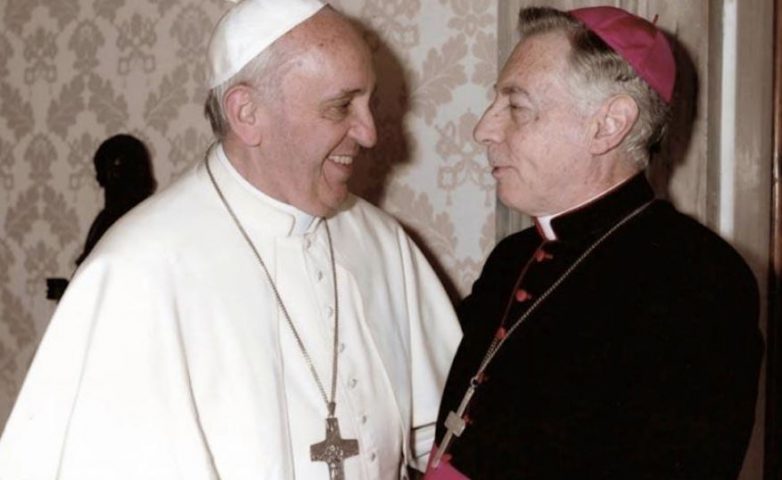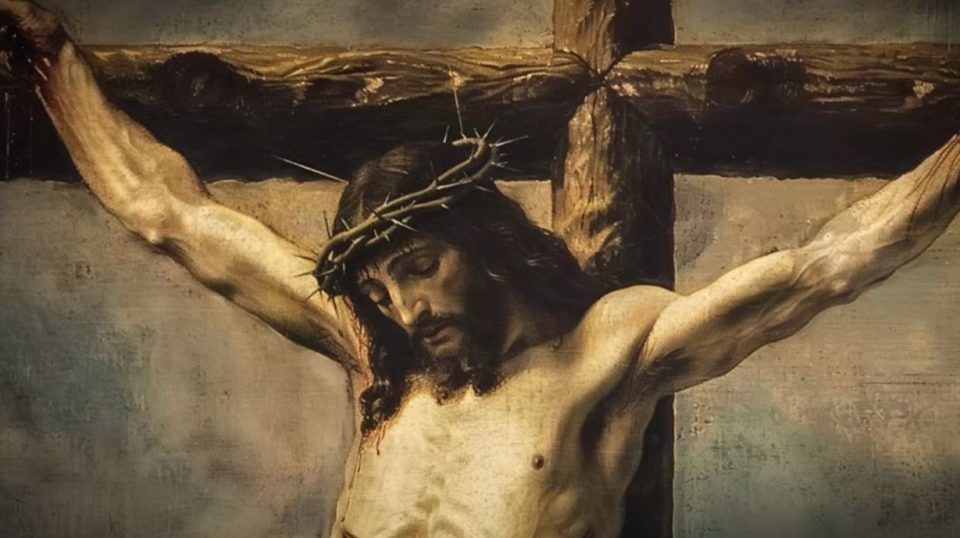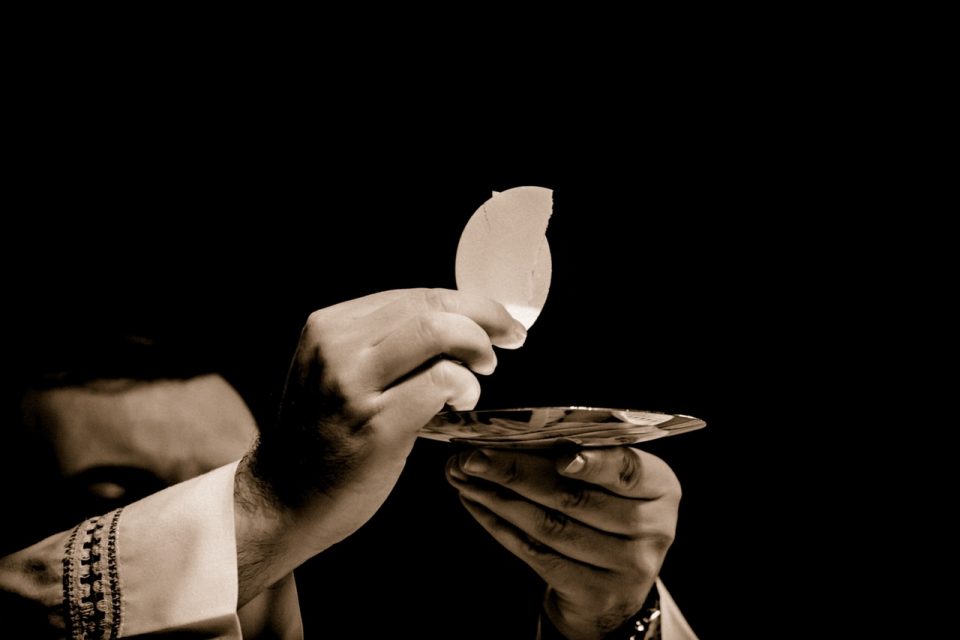By Archbishop Héctor Aguer, Archbishop Emeritus of La Plata, LifeSiteNews, Feb 14, 2024
(LifeSiteNews) — In his Epiphany Mass homily, Pope Francis warned against “ecclesiastical ideologies” in order to “find the meaning of Holy Mother Church.” It was a fair and timely observation. In the 1970s ecclesiastical ideologies caused serious damage, confusion, and abandonment of the priestly vocation. They became strong in some sectors of religious life. Above all, Marxism became an obsession under the pretext of reaching out to the poor. The relationship of the Church with culture implied an “evangelization” in reverse: worldly ideologies gave rise to ecclesiastical ones. Later it was the cultural vigencies; they had their turn and impregnated the Christian vocation with their criticism of Tradition, which was discarded as the opposite of pastoral aggiornamento.
The meaning of the Church is based on faith and developed in the experience of ecclesial life. Ideologies simulate the meaning of the Church and destroy it. Generally they come from feverish minds that imitate models of the world – in this way they ignore the Gospel or contradict it. Ideology pretends to be an implementation of the Gospel – and therein lies the error and injustice. The experience of the 1970s spread widely in the Church. The last decade of Paul VI’s pontificate (from 1968 to 1978) was one of theological ideology, which spread a repudiation of Humanae Vitae by various authors, especially German and French ones, and ideologies of a socialist nature due to an obsession with Marxism. The “Church of the poor” was a swindle that deceived many. In several countries, particularly in Latin America and Africa, it took on a revolutionary aspect. Many Catholics, especially priests, committed themselves to guerrilla movements – in Argentina this phenomenon became a real internal war with thousands of victims….
Continue reading >>>>>>>>>>>







